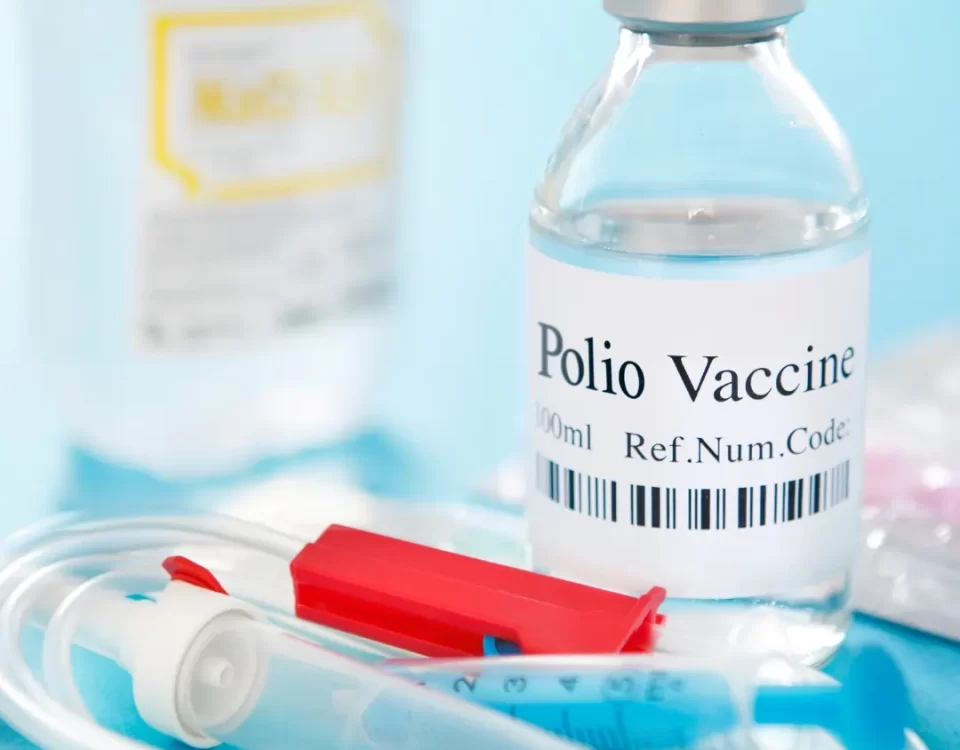
Top Reasons to Choose a Pediatrician in Lake Worth in 2025
March 28, 2025
How to Find the Best Pediatrician in Wellington for Your Baby or Toddler
April 29, 2025Preventive Vaccination Care is Essential for Your Child’s Health
Preventive care is the start of it all! As parents, caregivers, and healthcare providers, one of our most important responsibilities is caring for our children’s health and well-being. While it’s natural to focus on treating illness when it arises, the foundation of good health begins long before a child gets sick starts with prevention.
Preventive care and vaccinations are vital tools that help keep children healthy, reduce the risk of serious illness, and promote overall wellness. Our pediatric clinic is passionate about educating families on how staying proactive with their child’s healthcare can lead to healthier, happier lives.
What is Preventive Care?
The term Preventive care refers to routine health services that help prevent illness, disease, and other health problems before they start. It includes regular well-child visits, developmental screenings, physical exams, growth monitoring, vision and hearing checks, guidance on nutrition and safety, and, importantly, vaccinations.
Unlike visits made when sick, preventive care visits are scheduled even when your child is feeling well. These visits help your pediatrician catch early signs of potential issues, ensure developmental milestones are met, and give parents and guardians an opportunity to ask questions or discuss concerns.
Why Preventive Care Matters
1. Early Detection of Health Issues
Regular checkups allow pediatricians to identify health or developmental problems in their early stages when they are often easier and more effective to treat.
2. Tracking Growth and Development
Each stage of your child’s growth brings new milestones. For example, preventive visits reassure that your child is developing healthily and offer guidance if any delays or concerns arise.
3. Building a Medical History
Frequent visits help build a thorough health record for your child, making it easier for healthcare providers to track trends, respond to emerging issues, and provide personalized care.
4. Establishing Trust and Comfort
Routine visits help children become comfortable with the healthcare environment. This positive relationship with their pediatrician can reduce anxiety during future visits.
5. Health Education for Families
Preventive care is a two-way conversation. It allows parents to receive tailored advice on sleep, nutrition, behavior, safety, mental health, and other concerns that arise at different ages.
The Role of Vaccinations in Preventive Care
Vaccinations are one of the most effective and safe public health tools available to protect children from severe — and sometimes deadly — diseases. Furthermore, vaccines help the immune system understand specific pathogens before your child encounters them, which allows them to fight them off.
Vaccines protect individual children and contribute to community health through herd immunity. Additionally, when a big enough portion of a community is vaccinated, the spread of disease slows, protecting those who cannot be vaccinated, such as infants or individuals with weakened immune systems.
Recommended Vaccine Schedule
According to The Centers for Disease Control and Prevention (CDC) , this is the recommended vaccine schedule that outlines which vaccines children should receive and when. Some key vaccines include:
• Hepatitis B (HepB)
• Diphtheria, Tetanus, and Pertussis (DTaP)
• Haemophilus influenzae type b (Hib)
• Polio (IPV)
• Pneumococcal (PCV)
• Rotavirus
• Measles, Mumps, and Rubella (MMR)
• Varicella (Chickenpox)
• Hepatitis A
• Influenza (Flu) — yearly
• COVID-19 — for eligible age groups
• HPV (Human Papillomavirus) — typically starting at age 11–12
• Meningococcal vaccines
Our clinic follows the latest guidelines and ensures your child receives the right vaccines at the right time in a safe and comfortable setting.
Addressing Common Concerns About Vaccines
It’s natural for parents to have questions or concerns about vaccines. At our clinic, we are here to provide answers grounded in science and compassion. Some common concerns include:
• “Are vaccines safe?”
Yes. Vaccines undergo rigorous testing and continuous monitoring for safety and effectiveness. Side effects may include a sore arm or low-grade fever, which are generally mild and temporary.
• “What if my child misses a vaccine?”
Life happens, you can always call to re-schedule your child’s vaccination within a reasonable time-frame.
Contact SuraMed Health Center by visiting our website HERE.





